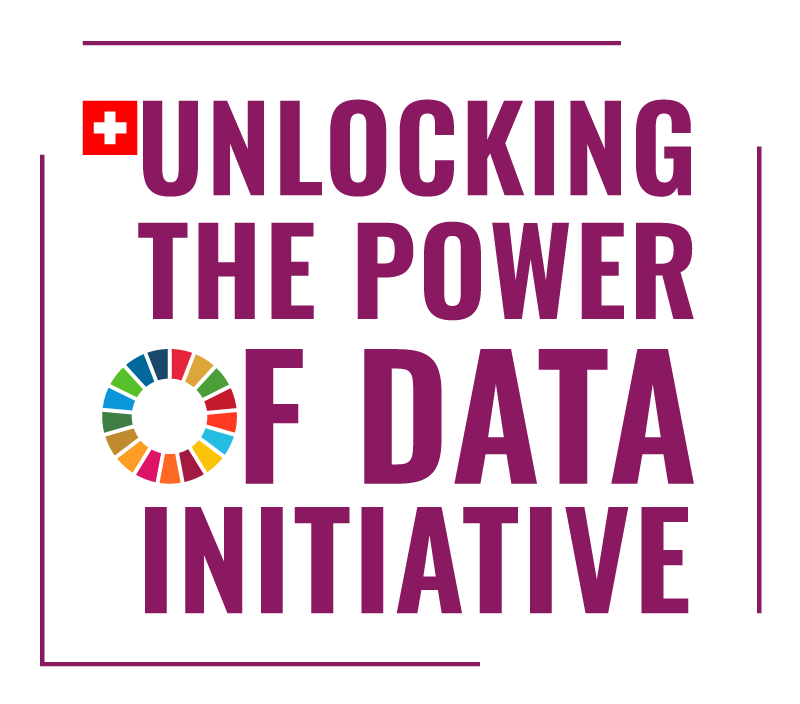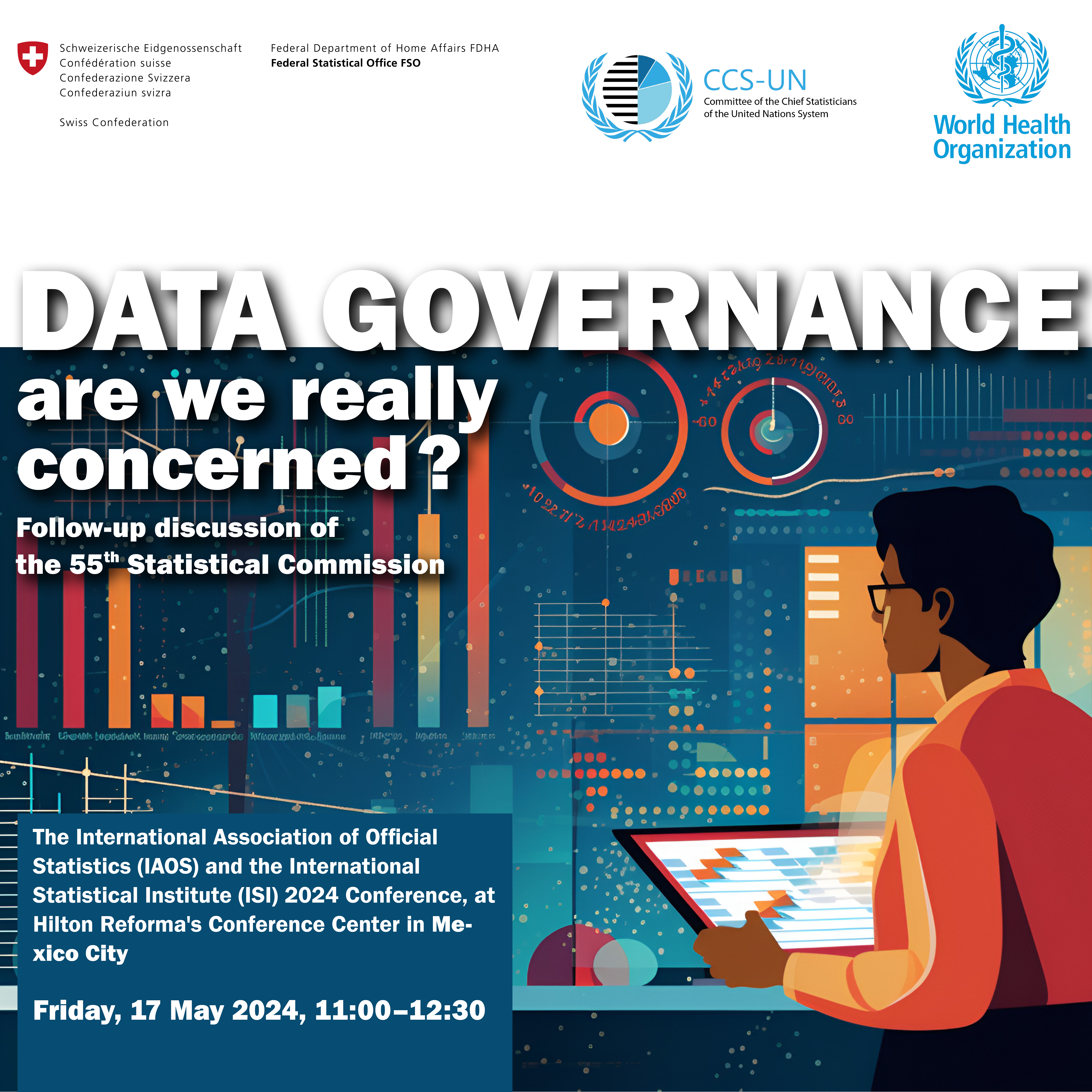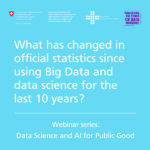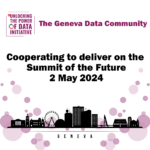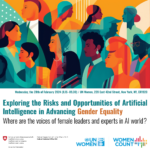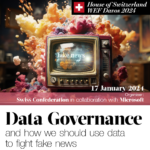The measures and recommendations listed here are intended to help you organise sustainable events.
The total number of measures and recommendations can be filtered according to a specific topic area or one of the 17 SDGs or a combination of topic area and SDG. It is also possible to use the event configurator to determine a personalised set of recommendations for your own event. These are available for download at the end as a PDF or Excel file.
Further information can be found in the sustainability concept.
